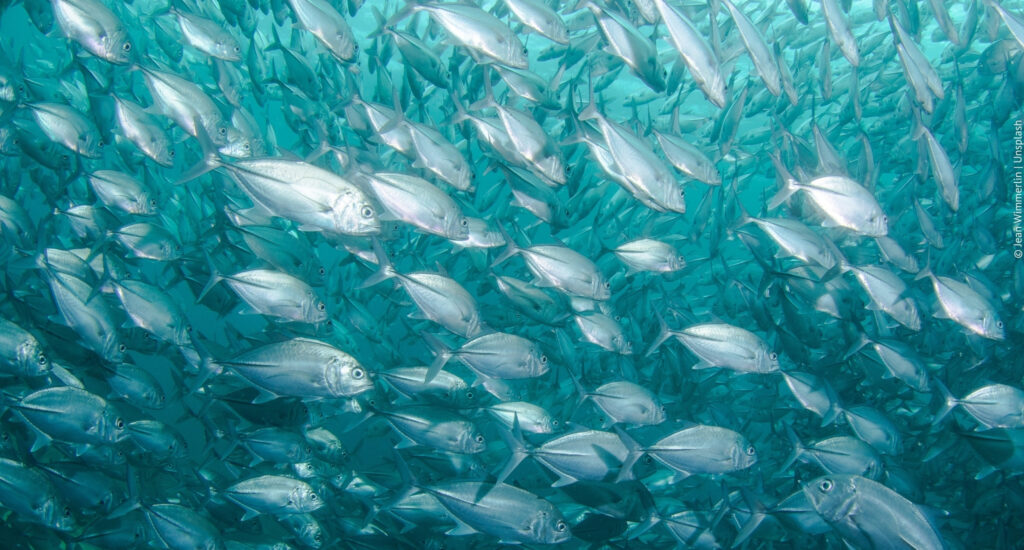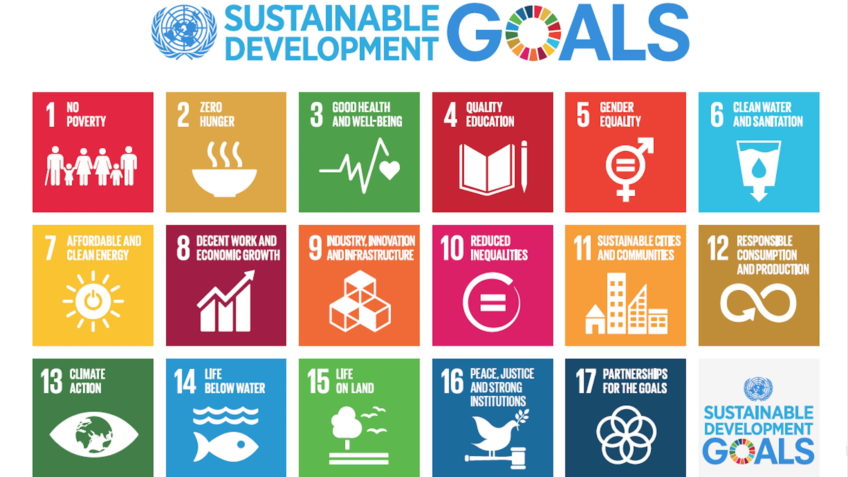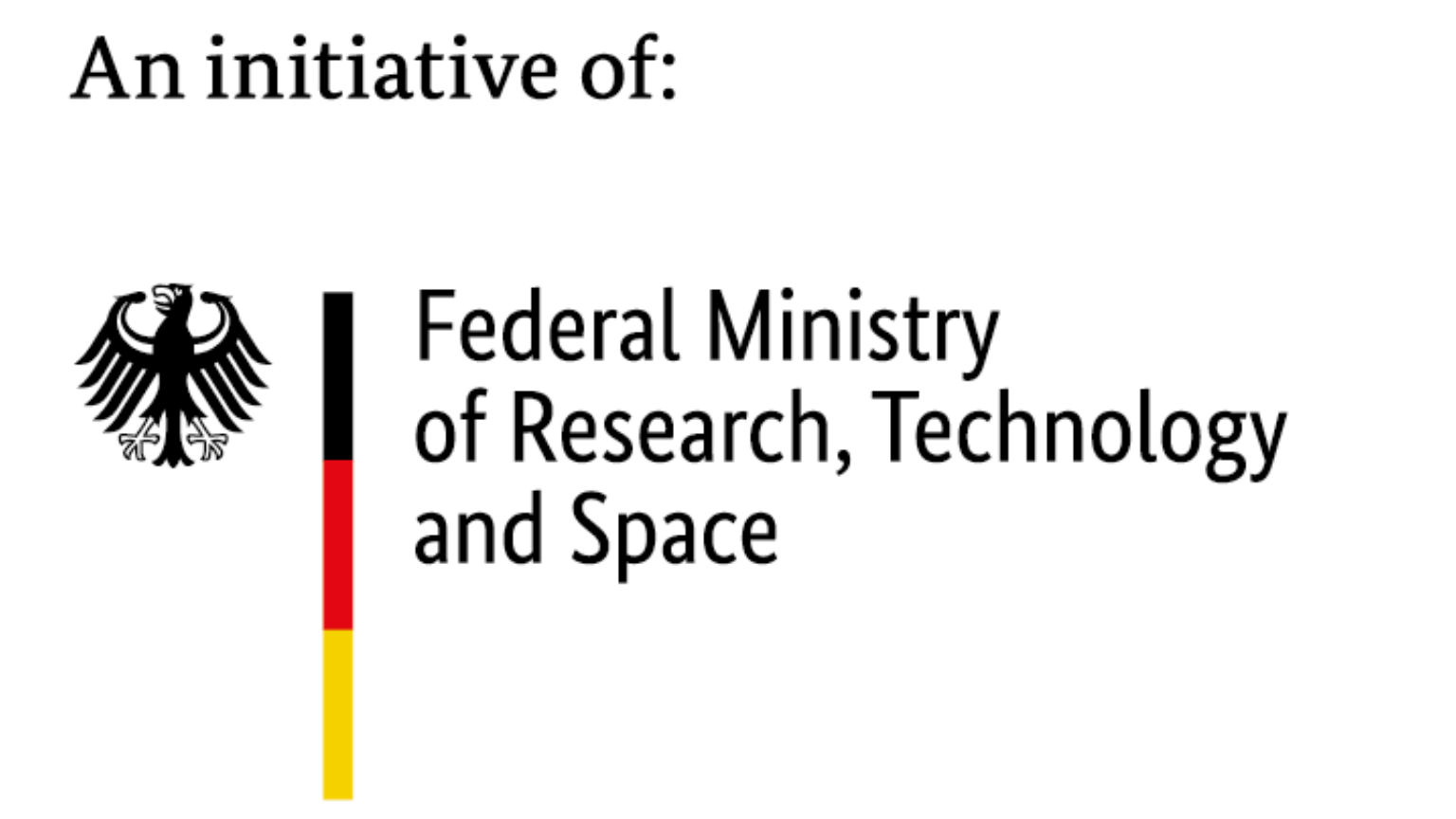
Sustainability
Integrating nature, society, and the economy
We strengthen the sustainable use of coasts, seas and oceans through research and transfer, data management and digitalisation, and by coordinating the infrastructures.
The mission of the German Marine Research Alliance (DAM) is to promote the sustainable management of our coasts, seas, and oceans. But what exactly do “sustainable” and “sustainability” mean in this context? The following overview outlines the framework for action that guides all DAM activities.
The concept of “sustainable development” encompasses three core pillars: nature, society, and the economy. Rather than being separate entities, these represent interconnected layers of an integrated system. In the face of global challenges—climate change, biodiversity loss, and pollution—it is more critical than ever to recognise nature and its ecosystem services as our fundamental life-support system. We must strive for a balance between human well-being, economic growth, and environmental protection.
Sustainability is built upon three types of interconnected capital: natural, economic, and social. All three are essential for a society to flourish. If one form of capital is over-exploited or depleted, the entire system becomes unstable. Resilience, long-term security, and well-being can only be achieved when these forms of capital are kept in balance.
Publication on this topic, among others: Obura, D.O.; Agrawal, A.; Christie, M.; Fromentin, J.-M.; Harrison, P.A.; Jones, M.; O’Brien, K.; Pauchard, A.; Roy, H.E.; Settele, J.; Stoett, P. (2025). “A Systems Reset for Sustainable Development.”, Nature Communications Sustainability, https://doi.org/10.1038/s44458-025-00009-3
HUMAN WELL-BEING DEPENDS ON OUR OCEANS
Oceans play a key role in global climate processes. They are among the most important ecosystems on Earth and they have a direct impact on the lives of millions of people. They are subject to considerable anthropogenic pressures and at the same time closely interwoven with human culture. The three major environmental crises of our time are also changing marine habitats: climate change, loss of biodiversity and pollution. Oceans are suppliers of food and raw materials, places of longing and a source of inspiration, even for people who live far from the coasts.
The sustainable management of our natural resources – including our coasts, seas and oceans – is a challenge for society and a key issue for the future of humankind. The question what sustainable development ought to look like and how it can be achieved must be addressed by science, politics, the economy and society as a whole.

Newsletter
Always up to date with the DAM newsletter. (German only)
